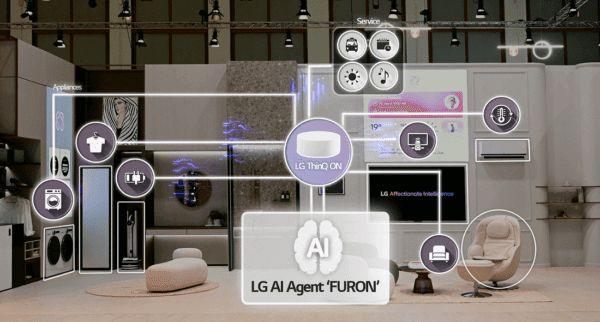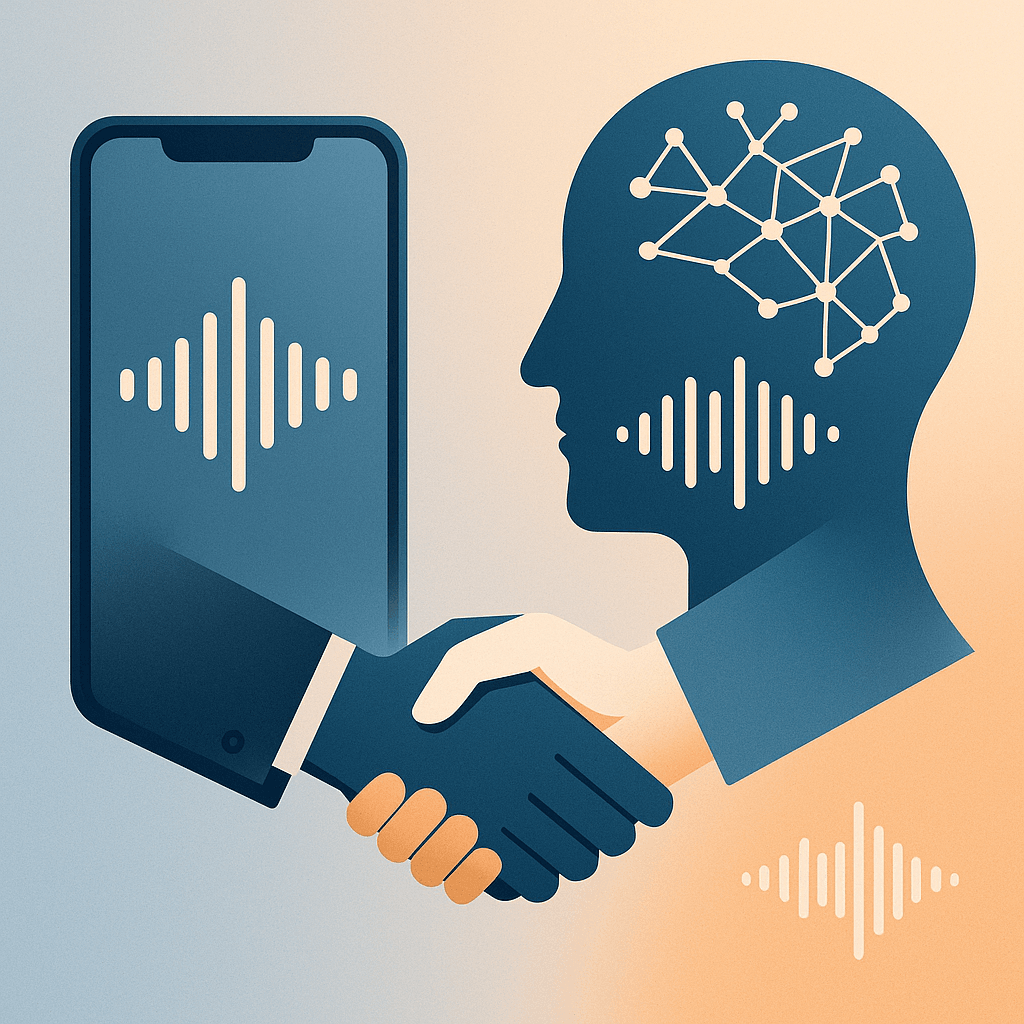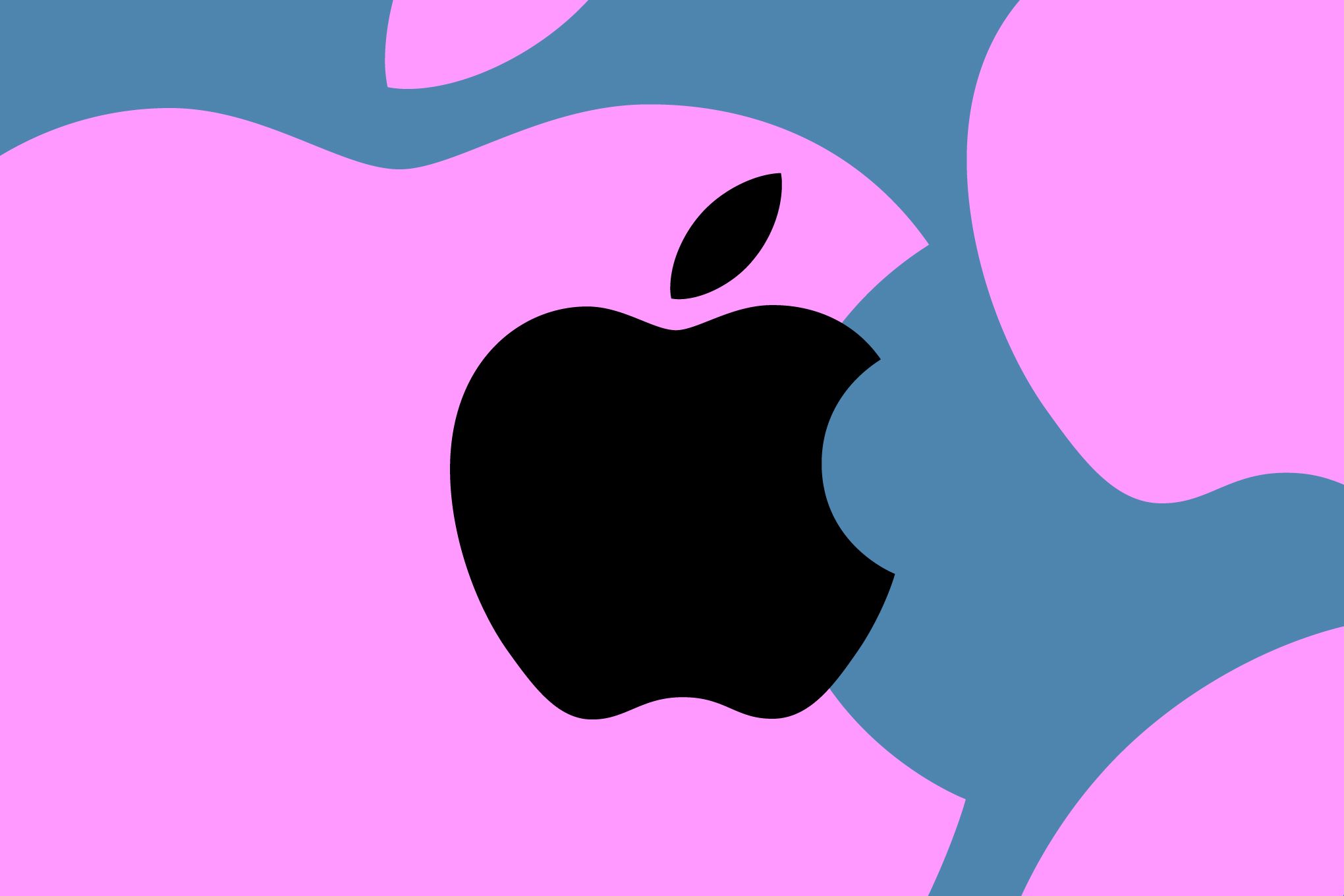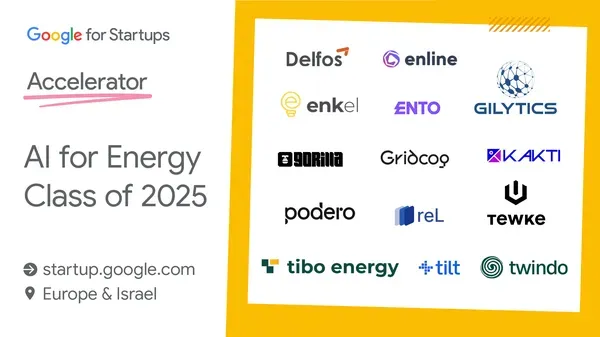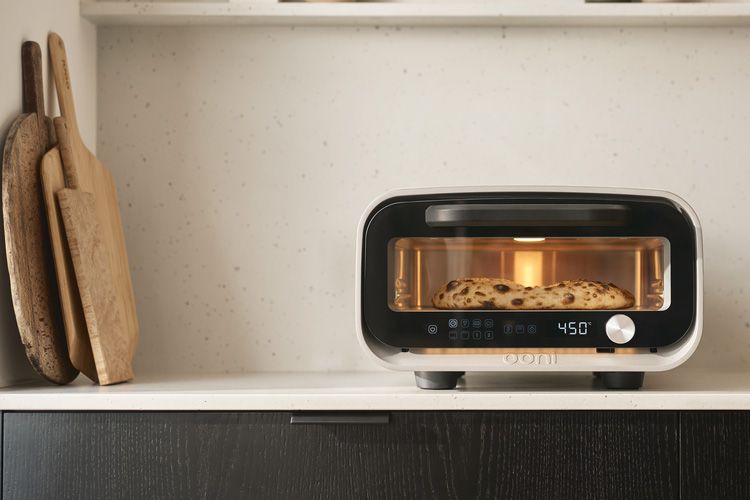The smart home is getting its biggest upgrade yet. At this week's IFA consumer tech show in Berlin, LG and Samsung are showcasing AI-powered platforms that could finally deliver the ambient computing promise - homes that anticipate your needs without commands. The technology shift from reactive to proactive automation represents a watershed moment that could transform how we live.
LG just fired the opening shot in the next generation of smart home warfare. At IFA 2025 in Berlin this week, the South Korean giant is showcasing its FURON AI Agent - the brain behind what it calls "Affectionate Intelligence." The timing couldn't be more strategic, coming as the smart home market stands at an inflection point between clunky voice commands and true ambient computing.
Samsung isn't standing idle. The company is promoting how its SmartThings platform integrates with AI Home, positioning itself as the orchestrator of connected living. Both tech giants are racing toward the same goal: homes that think for themselves.
The shift represents more than incremental improvement. Where today's smart homes require constant human input - "Alexa, turn on the lights" or tapping through apps - these AI-powered systems promise to observe, learn, and act autonomously. Your home would know to brew coffee when sensors detect you've awakened, or automatically adjust lighting based on your daily routines.
Amazon and Google have already shown early glimpses of this future. Amazon's Alexa Plus and Google's Gemini for the Home leverage Large Language Models and Visual Language Models to provide context-aware responses. Ring cameras now generate natural language descriptions of events - "a brown chicken is pecking in the garden" instead of generic "motion detected" alerts.
But the real breakthrough may come from processing power moving to the edge. Unlike smartphones that depend on cloud connectivity, smart homes can run AI models locally. This addresses the privacy concerns that have plagued connected devices, keeping sensitive data about who's home and what they're doing within the house itself. Europe's robust data privacy regulations make IFA the perfect stage to demonstrate this capability.
